In response to growing tensions with Mali, Algeria took a series of firm diplomatic and security measures on Monday, April 7, 2025, following accusations made by Bamako and its allies in the Confederation of Sahel States (CES). The most striking decision was the immediate closure of Algerian airspace to all aircraft coming from or heading to Mali, a measure confirmed by the Algerian Ministry of National Defense in an official statement.
“In response to repeated violations of our airspace by the State of Mali, the Algerian government has decided to close its airspace to all aerial navigation to and from the State of Mali, effective today, April 7, 2025,” the statement reads.
This decision comes amid a serious deterioration in relations between the two neighboring countries following several border incidents. The most recent involved the destruction of a Malian drone by Algerian air defense forces. The incident occurred overnight between March 31 and April 1, 2025, triggering a major diplomatic crisis, with Mali accusing Algeria of aggression, while Algiers justified its action as a clear violation of its airspace.
In a detailed statement issued by the Ministry of Foreign Affairs, Algeria expressed its « deep dismay » regarding the remarks made by Mali’s transitional government and those from the CES Council of Heads of State, which also includes Niger and Burkina Faso. The Algerian statement vehemently rejected what it described as “false allegations” aimed at making Algeria a “scapegoat” for the Malian regime’s internal failures.
“Algeria strongly rejects this persistent trend in all the malicious and systematically unfounded attitudes by which the junta of putschists in Mali vainly attempts to make our country a scapegoat for the setbacks and misfortunes for which the Malian people are paying the highest price,” the statement said.
Using particularly harsh language, Algiers denounced “the failure of this unconstitutional clique,” which it claims is “evident on all fronts — political, economic, and security-related.” The Algerian government even accused Mali’s current leadership of favoring “the pursuit of personal ambitions at the expense of Mali’s own interests” and engaging in “the looting of this brother country’s meager resources to the detriment of its development.”
Regarding the drone incident, Algeria stood by its position and provided a precise timeline of the events. The Algerian Ministry of Defense claimed to possess all necessary evidence, including radar images, clearly proving “a violation of Algerian airspace” during the night of March 31 to April 1. According to Algiers, the Malian drone entered 1.6 km into Algerian airspace at 12:08 a.m., then retreated before returning “on an offensive trajectory,” a behavior described as “a clear act of hostility” justifying its destruction.
The statement emphasized that this was not an isolated case but “the third violation in just a few months,” with the two previous incidents occurring on August 27 and December 29, 2024.
Algeria also responded to Bamako’s accusations of collusion with terrorist groups, dismissing them as so unfounded that “it would be pointless to give them any attention.” The statement recalled Algeria’s long-standing commitment to counterterrorism and turned the accusation back on the Malian junta, criticizing its “inability to lead a genuine and effective counterterrorism fight, to the extent of outsourcing it to mercenaries — a scourge Africa has suffered greatly from in recent history.” This was a thinly veiled reference to the Russian Wagner Group, now rebranded as Africa Corps, operating in Mali.
On the diplomatic front, Algeria didn’t limit itself to public statements. The government announced the recall “for consultations” of its ambassadors to Mali and Niger, as well as the postponement of the assignment of its new ambassador to Burkina Faso. These three countries form the CES, a bloc of military juntas that came to power through coups in recent years.
Algeria expressed its “deep regret” over “the reckless alignment of Niger and Burkina Faso with the fallacious claims presented by Mali” and condemned “the excessive and unjustified rhetoric” directed at it.
This crisis marks a further deterioration of Algeria’s relations with its southern neighbors, particularly since the Malian junta unilaterally withdrew in January 2024 from the Algiers Accord — signed in 2015 for peace and reconciliation in Mali and brokered by Algeria.
The closure of Algerian airspace to Mali represents a significant escalation, likely to further isolate the landlocked country and complicate its international air connections, as many routes traditionally pass through Algerian airspace. This measure, combined with the withdrawal of ambassadors, underscores Algeria’s determination not to leave what it sees as provocations from the Malian regime and its CES allies unanswered.








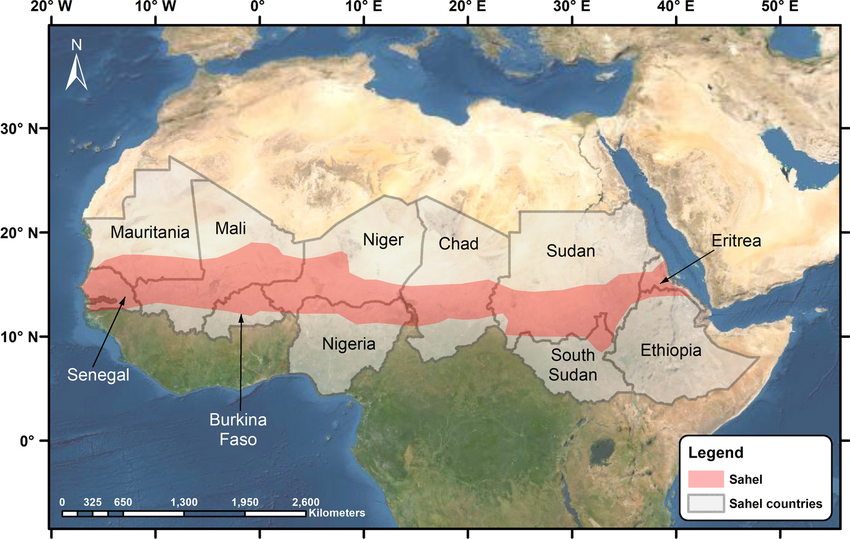


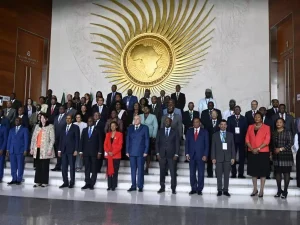
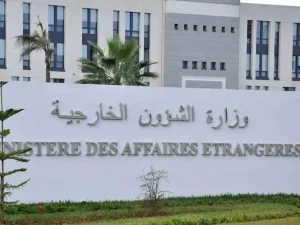



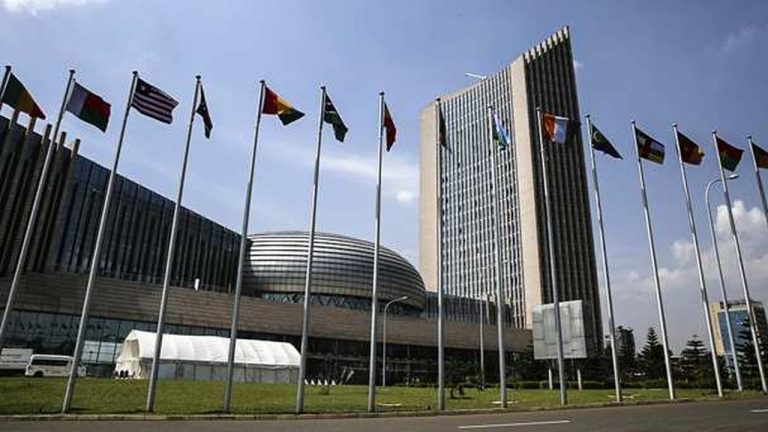
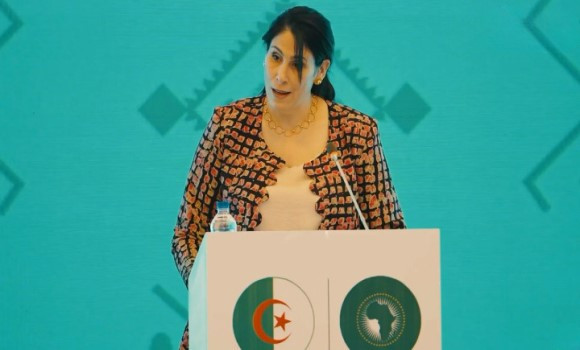
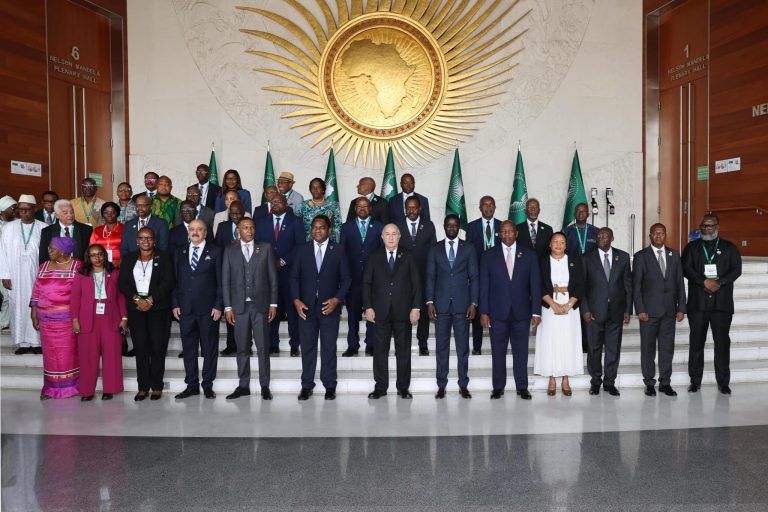
thank you for the last information
thank you for this